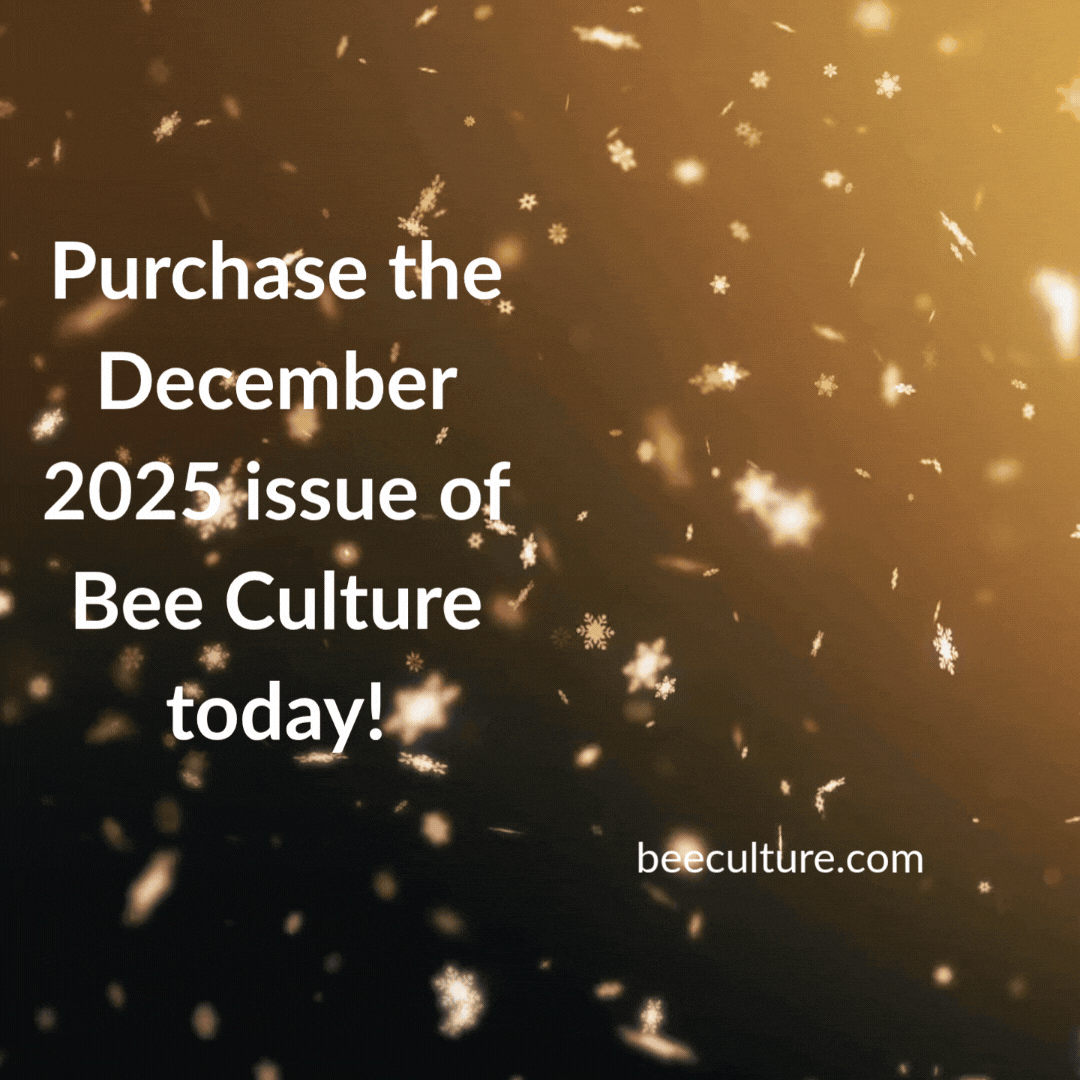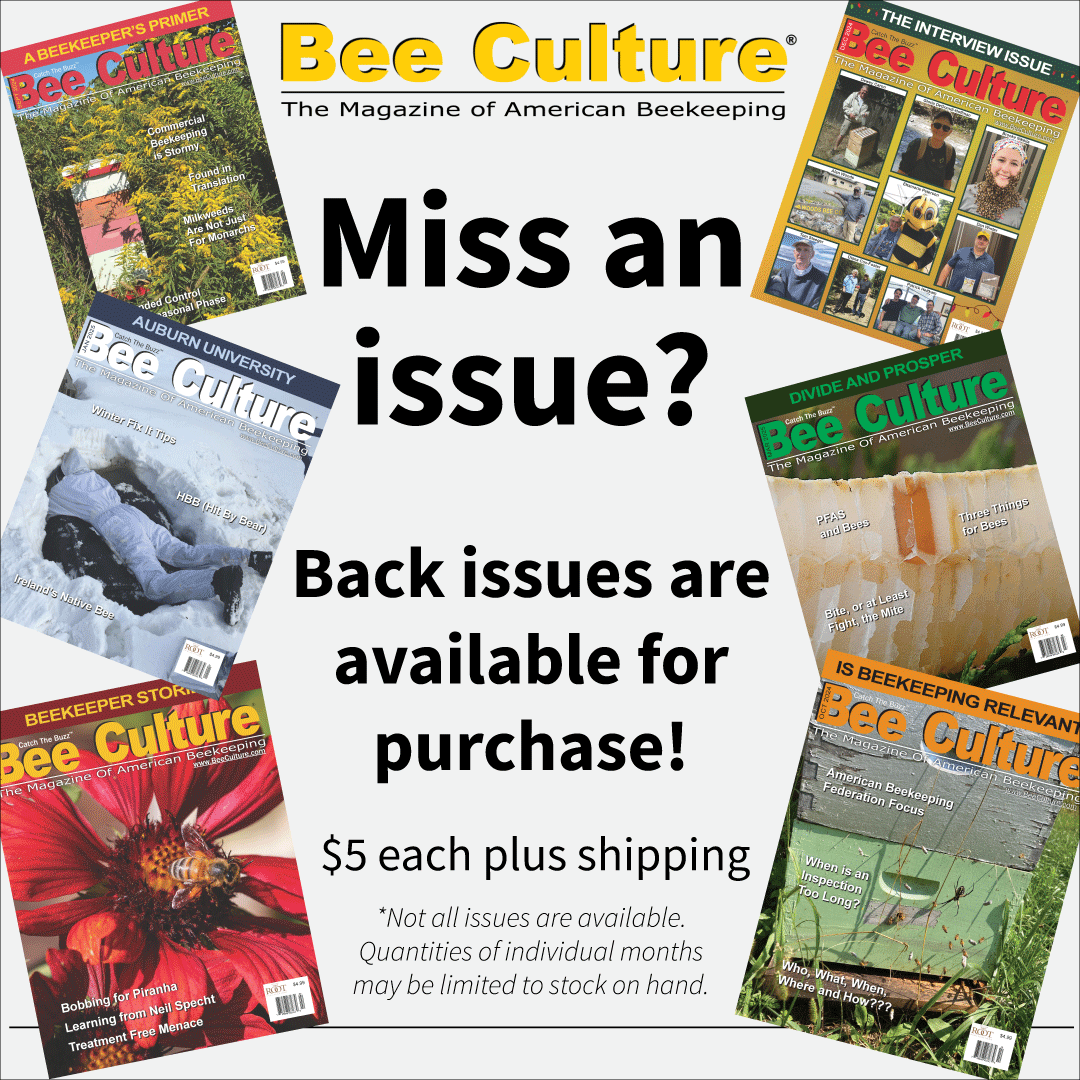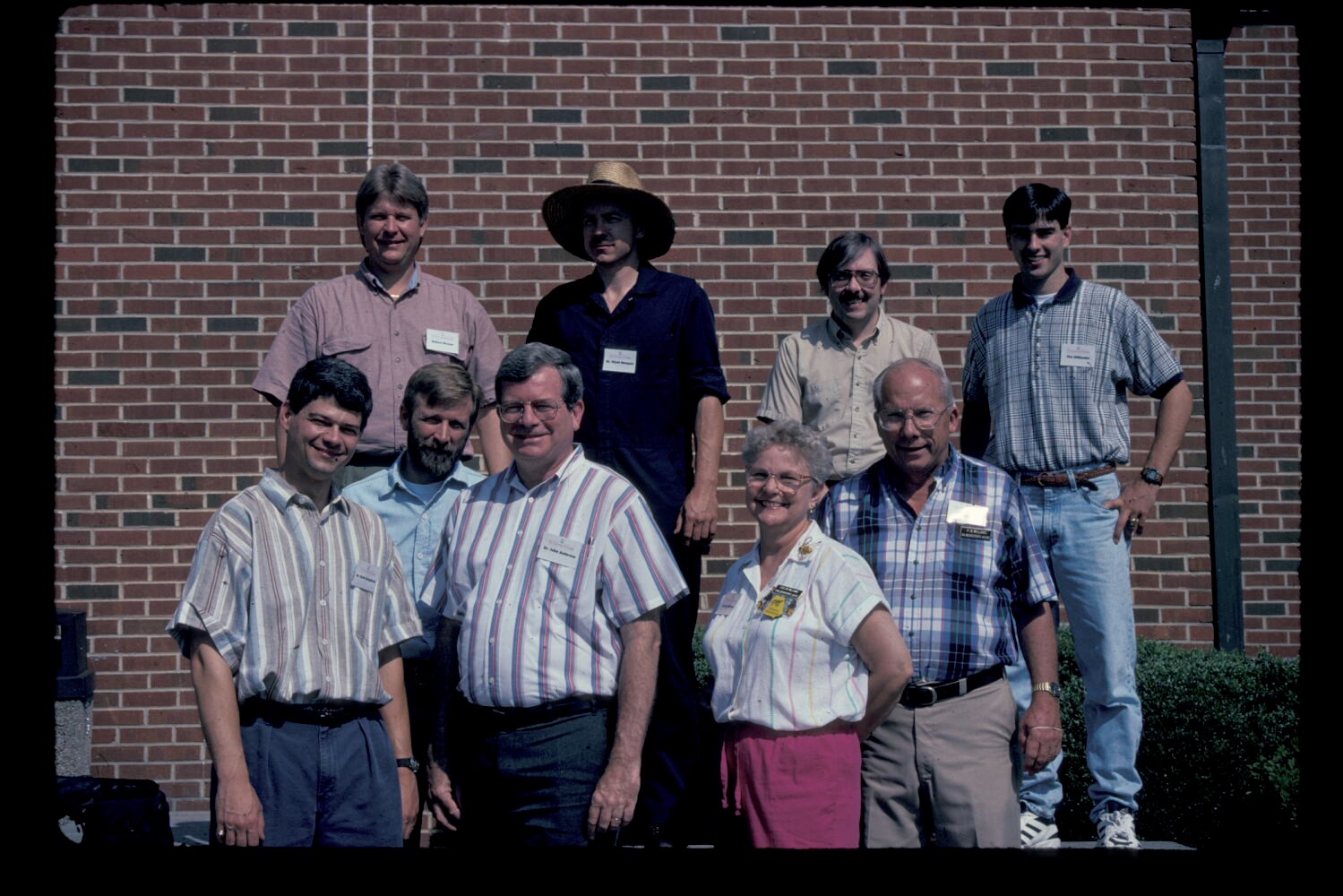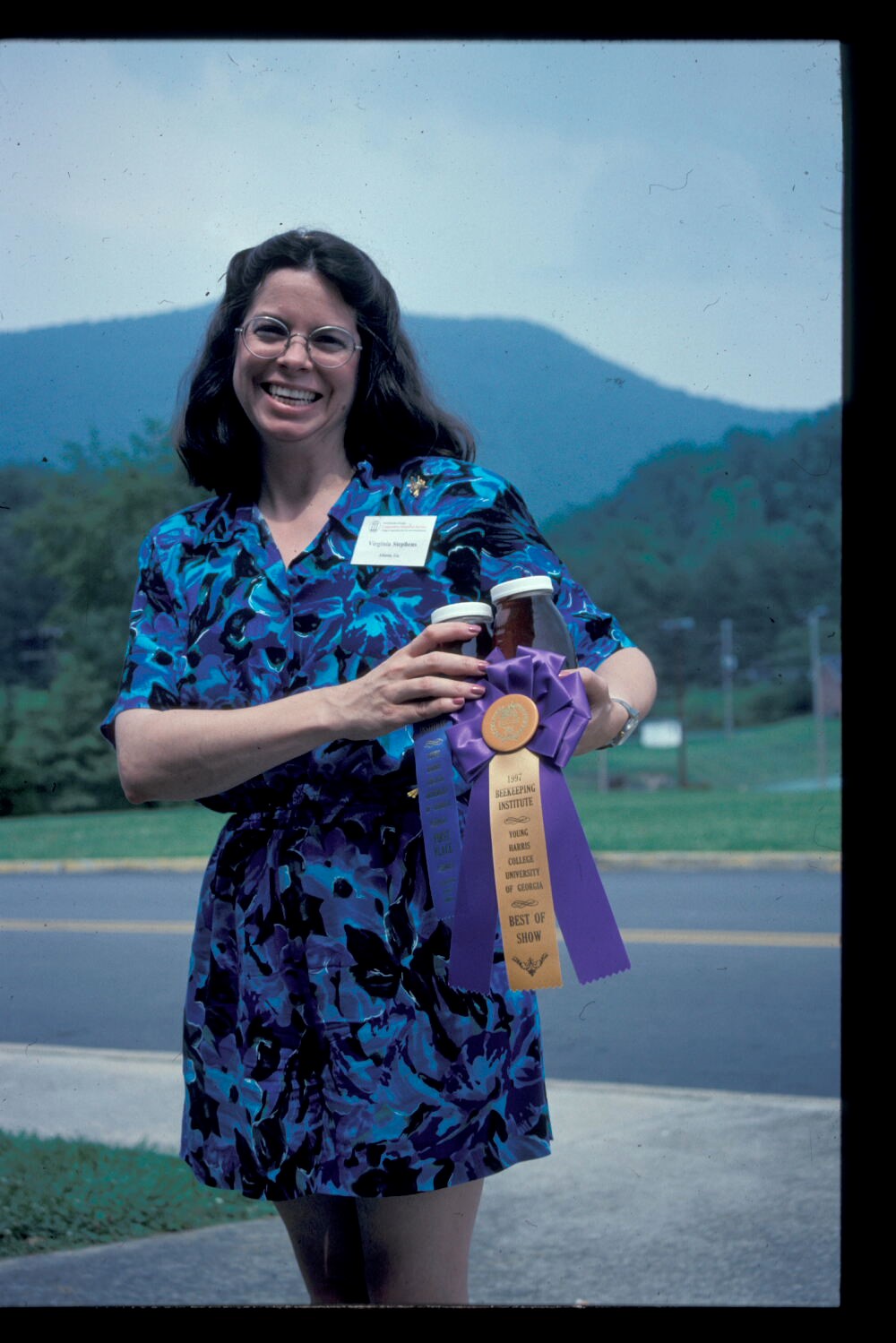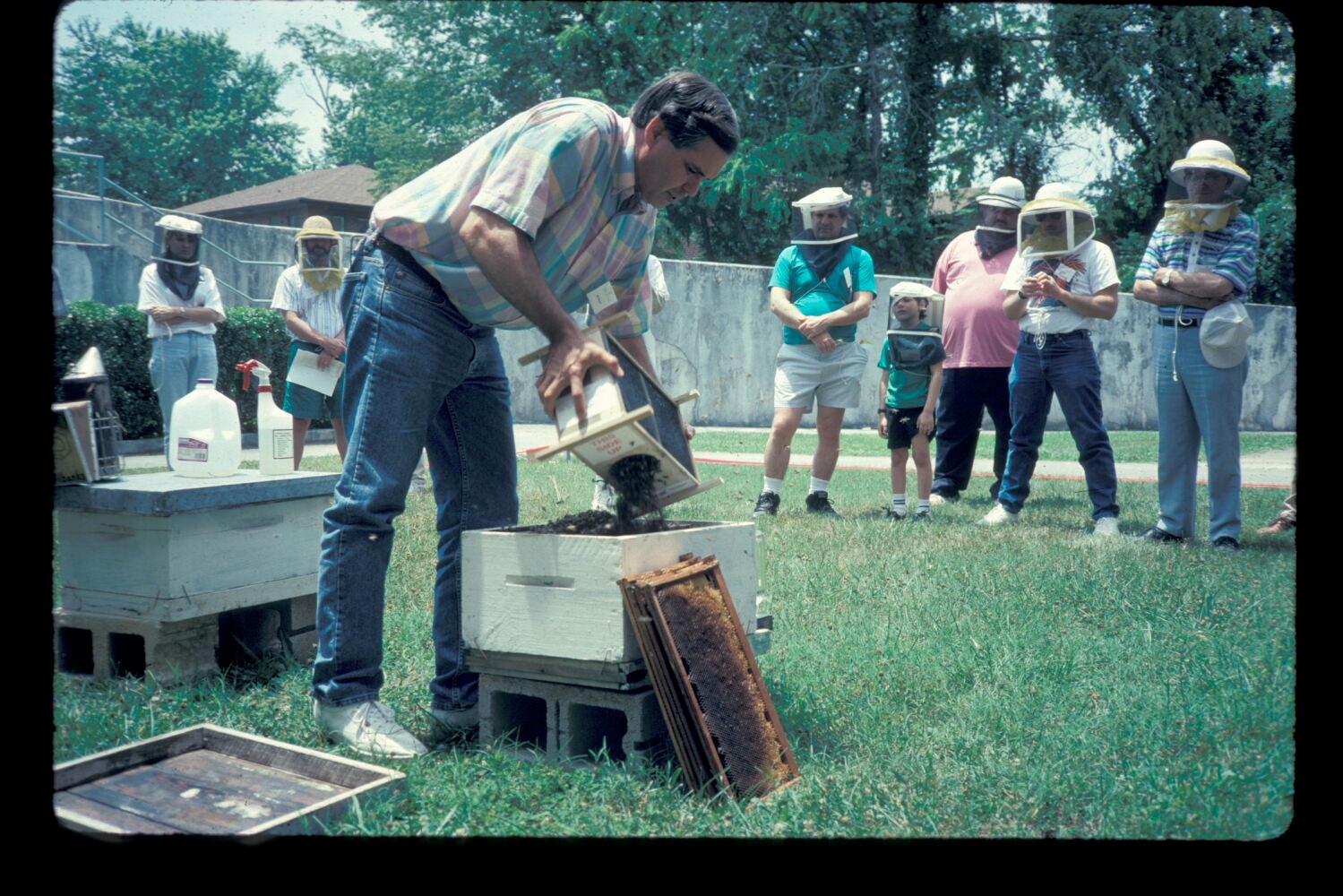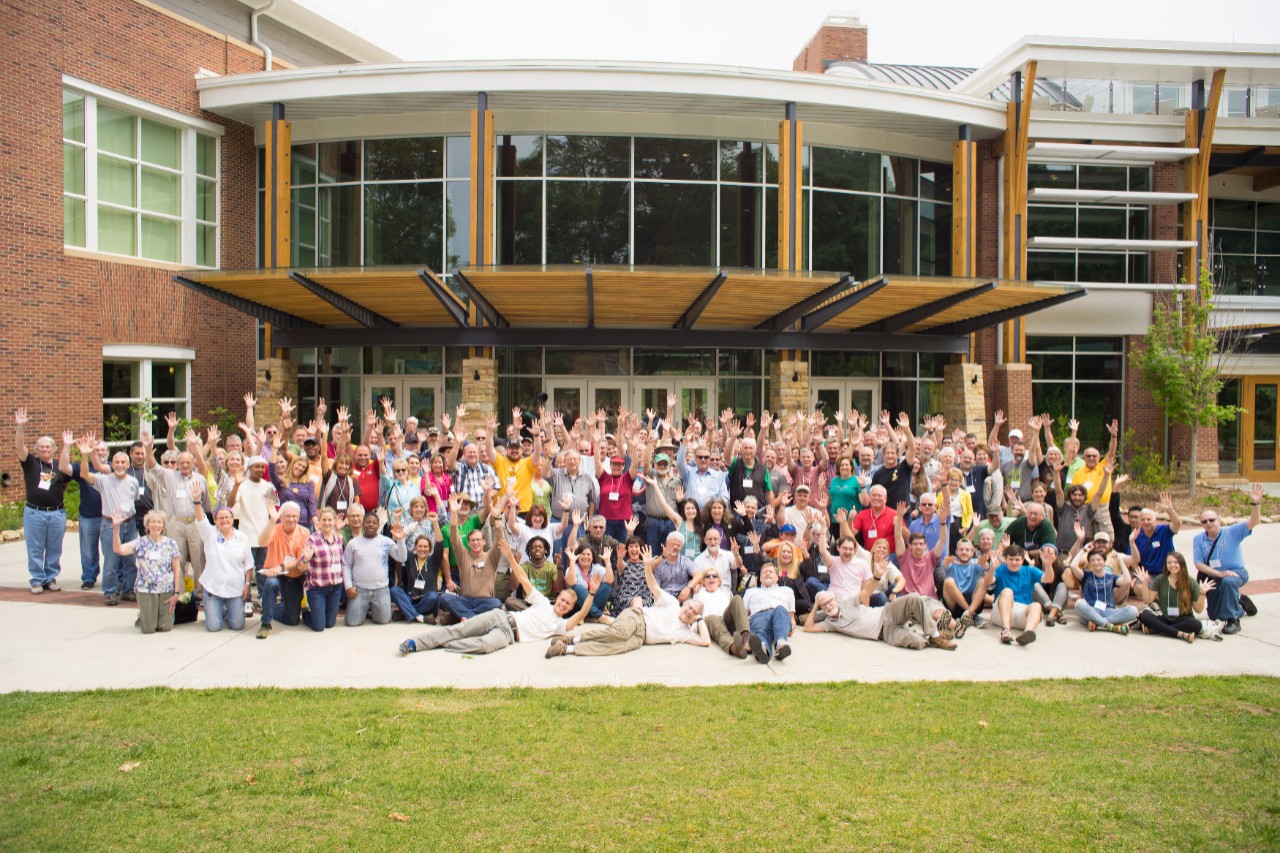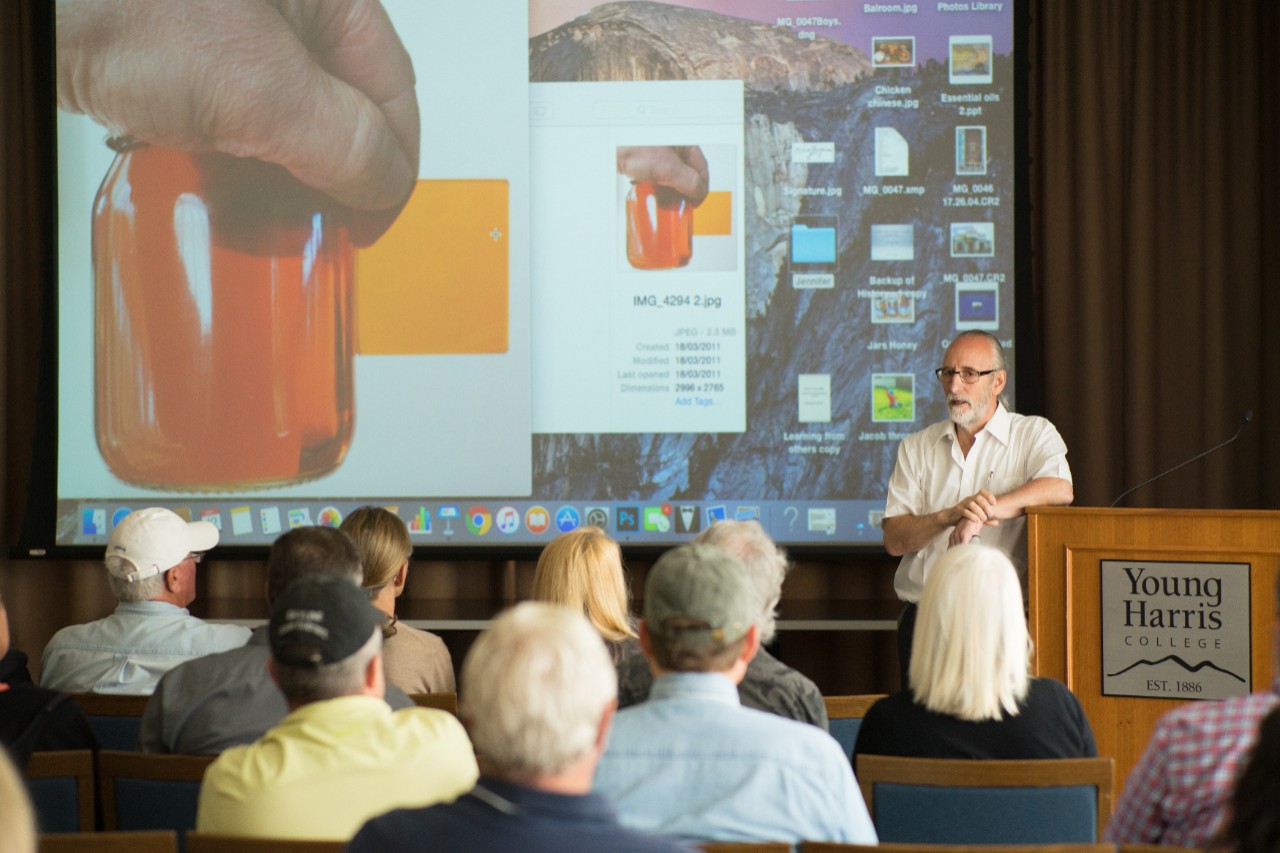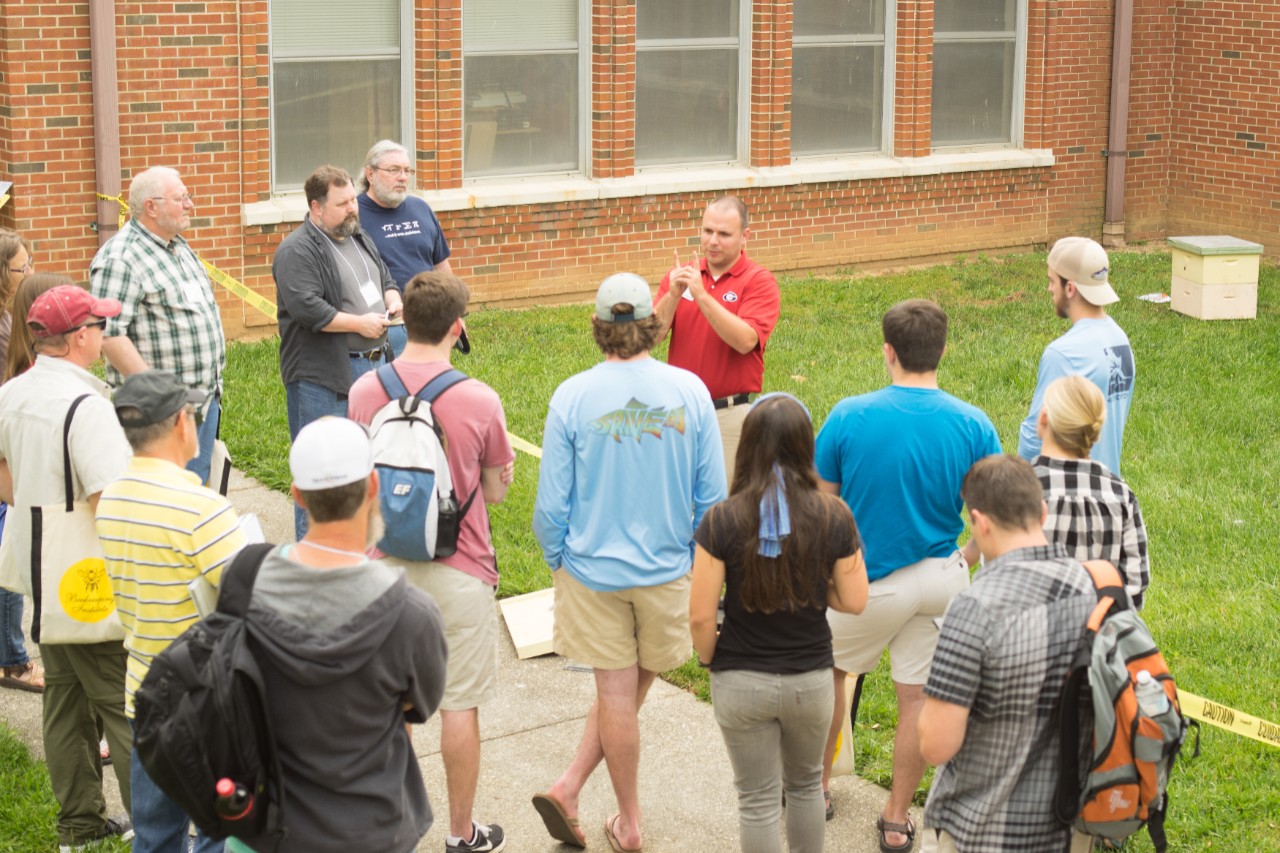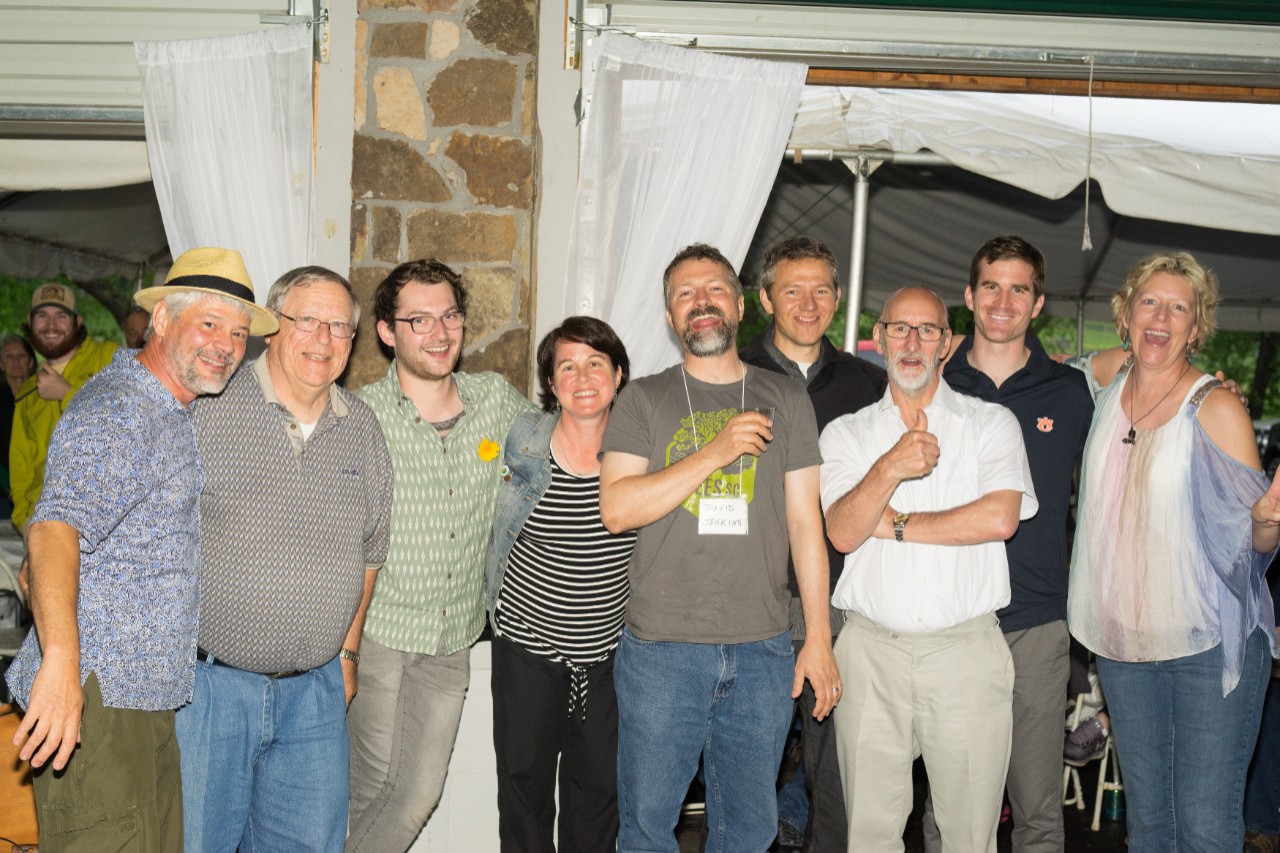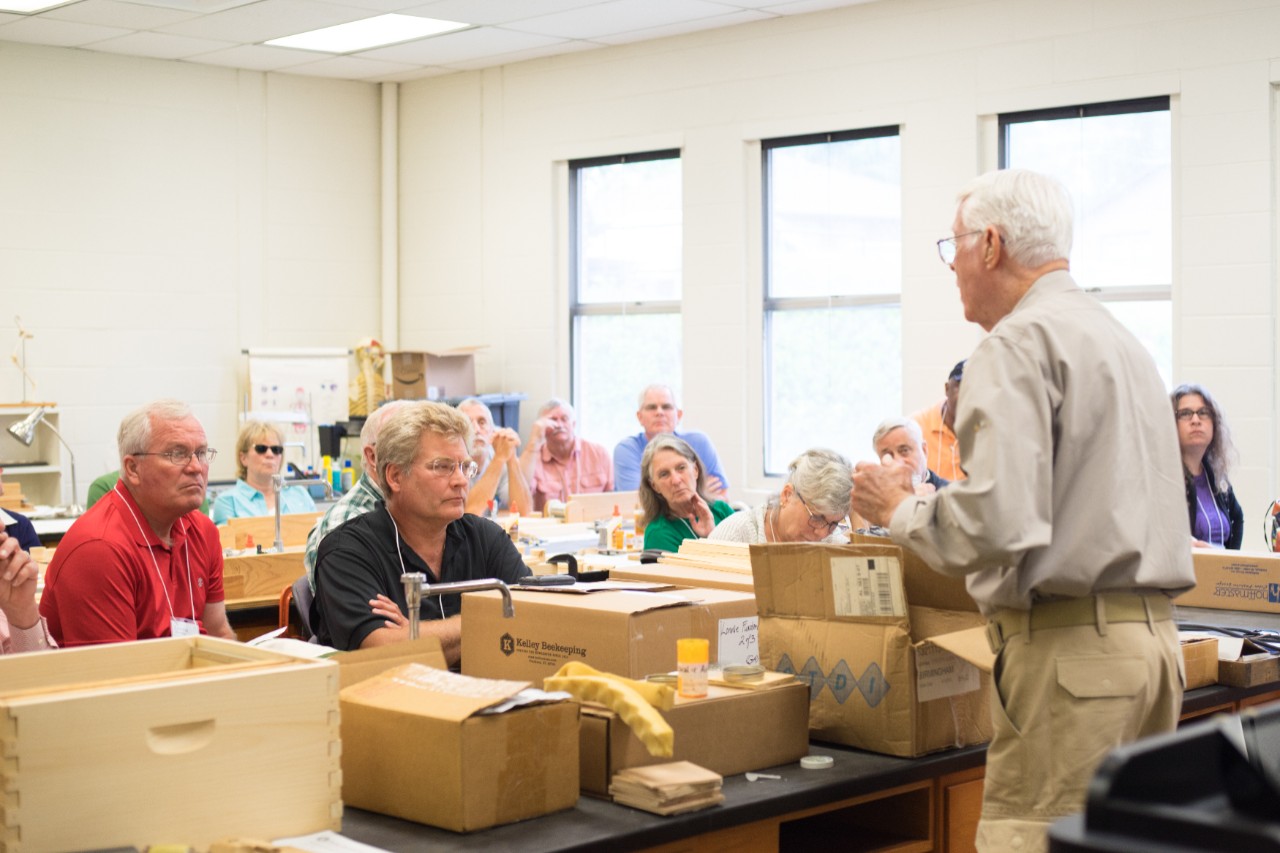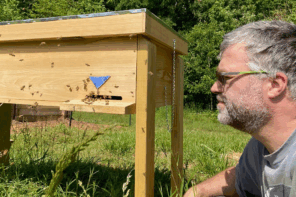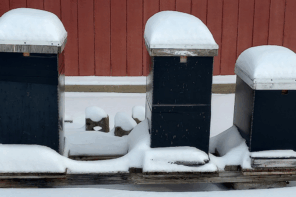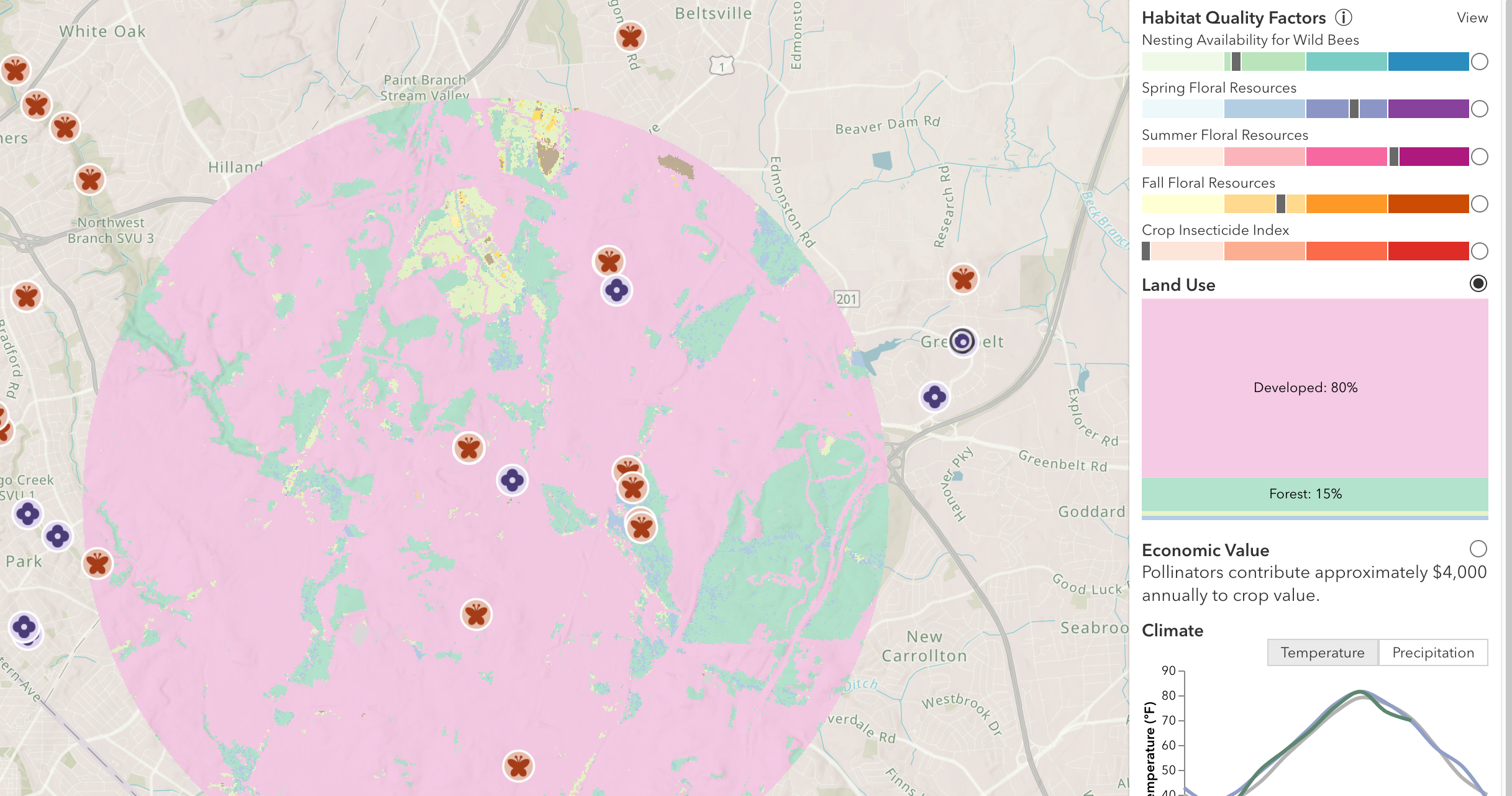University of Georgia Beekeeping Institute Reaches 30-year Milepost
Keith Delaplane
Professor and Director, UGA Honey Bee Program
Thirty years ago I was a young dark-haired Assistant Professor eager to make my mark in the world of honey bee research and outreach. My new post at the University of Georgia was a hybrid of two earlier positions, one in research and teaching held by Professor Al Dietz and the other in beekeeping extension held by Mr. Rodney Coleman. These two beekeeping luminaries for years prior to my arrival had built their outreach efforts around an annual “Beekeeping Shortcourse” that was to serve as the model and inspiration for what was to come. I never had the good fortune to attend a Beekeeping Shortcourse, but I heard all about it from enthusiastic beekeepers and from Professor Dietz himself.
The Beekeeping Shortcourse was a model of simplicity and efficiency. On a Spring Saturday morning students converged at a big lecture hall in the Bio Science Building, home to UGA’s Department of Entomology. Al would persuade his colleagues in the department to give up a Saturday morning and talk to beekeepers about their latest research. In this manner beekeepers heard first-hand about the pioneering pheromone work of Dr. Murray Blum, parallels between honey bees, wasps, and carpenter bees described by Dr. Bob Matthews, and the complex honey bee sting apparatus as revealed by Dr. Henry Hermann. Al’s own graduate students were pressed into service, each marched in front of the friendly audiences to describe their discoveries in honey bee nutrition or their experiences with the African bees of South America – just then making headlines in the States.
After lunch the Shortcourse reconvened at the UGA Horticulture Farm, five miles out of town and home, then and now, to the UGA Honey Bee Lab which I venture to say is the leading candidate for “most beautiful bee lab in America,” nestled against a picturesque irrigation pond, a blueberry orchard, and a patchwork of experimental veg and ornamental plots. Al (or rather, his students) pitched tents all around the pond, each the site of a topical demonstration. Students walked clock-wise around the pond in 45-minute rotations, after which each would have seen how to install a package, hive a swarm, and inspect a colony. In Al’s steel storage shed students found stacks of supers and sweaty volunteers showing how to extract honey. The lab itself was opened up for exhibitions on equipment building, microscopy, and finer crafts such as candle making and alternative hive products. By the end of the day, participants got in their cars and drove home, renewed in their enthusiasm and eager to put into practice their new-found knowledge.
I never got around to doing the Shortcourse my first year. Instead, I got wrapped up filming a how-to documentary on beginning beekeeping for the local affiliate of the Public Broadcasting Service. That television series, A Year in the Life of an Apiary, went on to achieve nation-wide distribution and acclaim. It’s still available on YouTube and for me marks one of the earliest and highest watermarks of my career. But after my second year at UGA came and went and there was still no sign of the Shortcourse re-emerging, I was beginning to feel the weight of expectation pressing in on me from all quarters.
The first inkling of a new idea began to take shape after I was invited by Dr. Tom Sanford, my counterpart one state south, to speak at his annual University of Florida Beekeeping Institute. It was in fact Tom’s “Institute” that I copied when time came around for me to name my own event. Tom was an alum of UGA, a former student of Al Dietz’s, so it was natural that his Institute mirrored Al’s Shortcourse in many details. Now having personally witnessed what all the hoopla was about and feeling more professionally secure after the success of the television show, I was primed to revisit the idea of resurrecting an outreach education showpiece.
The second prompt happened when a county agent in north Georgia invited me to his office to make a presentation to his local beekeepers. It was occasion for a serendipitous meeting. Sitting in the audience was Dr. Paul Arnold, nearly the same age as I and a faculty member at nearby Young Harris College where he oversaw the biology program. Paul and I quickly established rapport and shared similar interests in biology, bees, and pollination ecology. The next day back in my office in Athens it hit me like a thunderclap – let’s do a two-day workshop at Young Harris College. The campus is a lovely gem nestled in the beautiful Blue Ridge Mountains at the foot of Georgia’s highest mountain Brasstown Bald. The entire region is famous for its iconic sourwood honey. And in Paul Arnold I was to discover the very archetype of an ideal collaborator – energetic, interested, invested, and competent at every detail. A quick call to Paul, and before the day was over the date was set and a rough agenda taking shape.
The first Young Harris College / University of Georgia Beekeeping Institute was held June 19-20, 1992. Attendance was around 50; the two-day registration fee was $25 and dormitory housing $15 per person per night. The stamp of the earlier Shortcourse was all over it; from the start there was attention to scientific theoretic background combined with practical application. But I also wanted it to be something new – its own thing. Removing it from Athens to the scenic Blue Ridge Mountains was one big step. That simple move infused the event with a “weekend getaway” feel, yet the College ambience and Paul Arnold’s scientific resources reinforced a cultural commitment to delivering science-based information. The local county Extension Director Robert Brewer was brought into the fold and was to provide years’ worth of connections to local bee hives, venues to accommodate the growing crowd at the annual shrimp boil, and bluegrass bands to entertain them.
By its tenth anniversary the Institute had patently evolved into something more than another beekeeping workshop. Sparing no expense, I had begun inviting guest lecturers from anywhere, including the very biggest names in bee science in the U.S., Canada, England, France, South Africa, and Brazil. Word was spreading, and by 2006 Young Harris College was host to the annual EAS shortcourse and conference, all orchestrated by the bright and resourceful Jennifer Berry, then in her sixth year as manager of the UGA Bee Lab and serving as EAS President.
And so year after year, the Young Harris Institute was bringing the world’s best bee scientists and educators to the beekeepers of Georgia and the Southeast. Standing tall among these foreign guests is Michael Young of Belfast, Northern Ireland. Having distinguished himself as a decorated chef and senior judge in the British system, Michael partnered with Paul, Robert, and me to begin teaching the British honey judging standards at the Young Harris Institute. Michael became an annual favorite at the Institute, delighting crowds with his charisma, cooking skills, and unerring aesthetics on honey and beeswax showmanship. Retaining the name “Welsh” in honor of the British group that initially sponsored us, the Welsh Honey Judge program today is expanding throughout the eastern half of the country under the direction of Mr. Brutz English. Certified Welsh judges are distinctive in their white smocks and trilby hats, but more importantly they foreground a more “sensory” approach to honey and its products than the more analytical methods used in American style shows. Think “wine tasting” versus “chemistry class.”
The Welsh expansion phase prompted another addition to the Young Harris offerings – the Georgia Master Beekeeper program. I modeled this system after the templates established by my predecessors Roger Morse, John Ambrose, and leadership of EAS. Initially nested solely in the annual Institute, the Georgia Master Beekeeper program has been pushed by popular demand to partner with local bee clubs to offer entry-level testing and exams throughout the year. Master beekeeper programs have different “personalities” around the country, and the Georgia program mirrors many others in honoring entry-level certification from sister programs. Holders of such certificates may apply for candidacy to our second grade, Journeyman. But the Georgia system is distinctive for its emphasis on science-based ambassadorship for the cause of bees and beekeeping. The Journeyman stage is brutal; students must pass sections on disease and insect identification with scores no lower than 100%. The highest grade, Master Craftsman (MC), requires significant participation in a university-supervised research project and an oral exam (joined every year by a distinguished guest professor) to drill into the student’s practical and theoretic knowledge. Two of our Master Craftsmen, Bill Owens and Cindy Hodges, are authors of refereed scientific papers; Amy Weeks has published popular articles on beekeeping in developing countries, and an MC candidate, Julia Mahood, is a nationally recognized authority on the use of unmanned aerial vehicles in tracking drone congregation areas. In spite of its rigor and bottlenecks, the Georgia Master Beekeeper program has generated an intensely invested corps of 1068 citizen scientists drawing from 21 states and two countries.
Today the Young Harris Institute continues to serve as home to the Welsh Honey Judge and Georgia Master Beekeeper programs and an annual venue for the best beekeeping lecturers in the English speaking world. Leadership has shifted over the years with the retirement of Robert Brewer and expanding roles for Jennifer Berry and Georgia county extension director and Master Beekeeper Keith Fielder. But it has never budged from its core mission inherited from the annual Shortcourse – to match theoretical knowledge with practical training at every level of experience. The Institute provides a weekend’s reprieve surrounded by natural beauty, friendly temperatures, and like-minded people bonded by their shared love of the honey bee.
We approach our 30th anniversary this May 18-21 with grateful appreciation for the legions of volunteers and instructors who have made our success possible. It’s an understatement to say we are pulling out all the stops to make this year’s Institute the best ever. In a nod to both the tried generations and the new, our guest lecturers this year include Michael Young (Belfast, N. Ireland), Jay Evans (USDA Beltsville), Andony Melathopoulos (Oregon State University), Brock Harpur (Purdue), and Margarita López-Uribe (Penn State). We’d like to have the chance to impress you, and hope you consider joining us for this special year.


